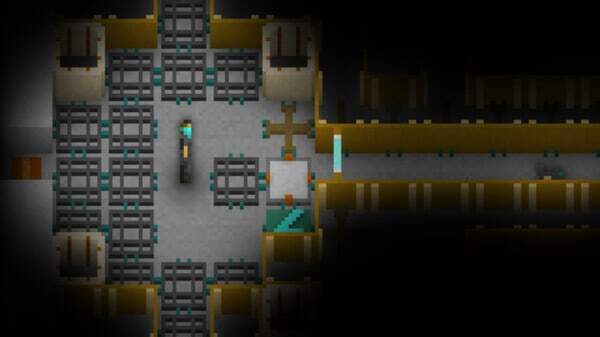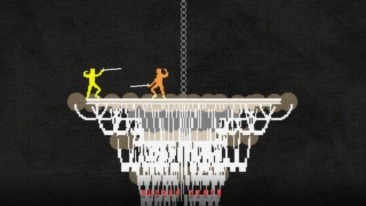The Castle Doctrine – Commercial Release: What We Think
I first played The Castle Doctrine back in August (link to early access version review), when the game was in Alpha and the controversy was in Beta. Now that Jason Rohrer’s latest is finally available on Steam, it’s time for a second look.
So what’s The Castle Doctrine like six months later?
There’s still no tutorial, so the online Wiki is essential and your first few hours will be spent doing research rather than playing. The Castle Doctrine requires a significant time investment before you can even lay foundation.
For that reason, the core themes – as well as the central experience – are largely unchanged since August. The game is distinctly uncomfortable and often cruel, encouraging you to commit to a lengthy planning stage before casually stripping everything away and setting you back to zero. The whole project is designed to make you feel worthless and inept, a task at which it excels.
Zen and the Art of Home Security
Fortunately, the balance is much better than it was in August, which in turn makes The Castle Doctrine just welcoming enough to be accessible. Home invasion tools like blowtorches and bricks are much more expensive than they were initially, and it’s also impossible to horde weapons for later use. When you invade a house, any items you don’t use are left behind, so there’s now a tangible cost to packing equipment you don’t think you’ll need.

Since brute force is now a much more costly strategy, it forces players to think about whether or not a house is actually worth robbing and discourages outright class predation. Newer players now have the chance to practice against other novice players before matching wits with those at the top of the food chain.
Criminal Masterminds Nerfed
The upshot is that The Castle Doctrine no longer feels quite so unfair. It’s ruthlessly unforgiving, but if you do your homework you’ll eventually get a sense of the more effective offensive and defensive techniques. Tricks like the ‘Magic Dance’ remain popular, but animals don’t start moving until they’ve spotted you (and vice versa), so you’ll at least have some warning before you step onto the killing floor. Proceed at your own risk, and you can always retreat to the door if things get too perilous.
Any enduring appeal ultimately lies with the mechanics. The Castle Doctrine maintains its do-it-yourself sensibility and provides a fantastic toolbox for labyrinth enthusiasts. If you enjoy designing and solving traps and mazes – and you want to measure your skills against other players – then you’ll probably enjoy the persistent Castle Doctrine metagame.
Brilliantly Savage
That prolonged exposure may diminish the game’s dramatic impact, but the constant threat of permanent death – and the subsequent reset – ensures that it never loses its tension. I awarded the game four stars in my initial review, and I’m standing by that score now. The Castle Doctrine is a brutal game – I’m not even sure I enjoy playing it – but it is a uniquely fascinating demonstration of the social mechanisms of fear, wealth, and stratification. And for that, I can respect it.
Get The Castle Doctrine on Steam
[xrr rating=”4/5″]



